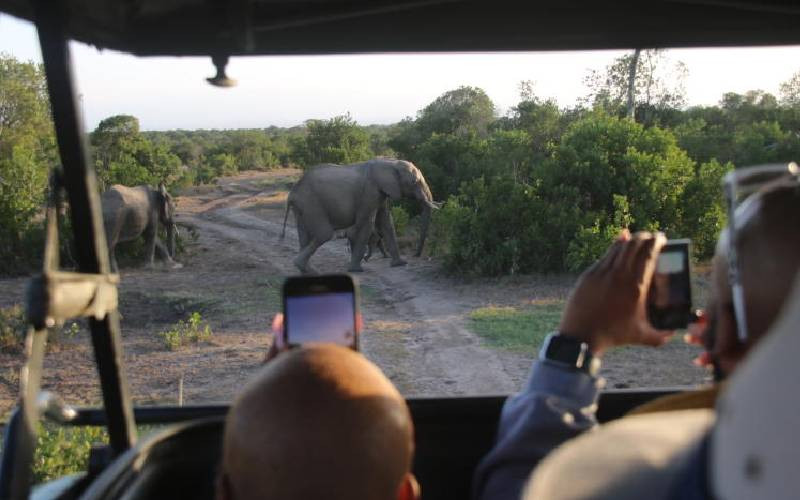×
The Standard e-Paper
Kenya’s Boldest Voice

Local tourists at the Ol Pejeta Conservancy. [David Gichuru, Standard]
My recent visit to Masai Mara was breathtaking. From the awe-inspiring sunrise and sunsets to the abundant African wildlife, it was a sight to behold.